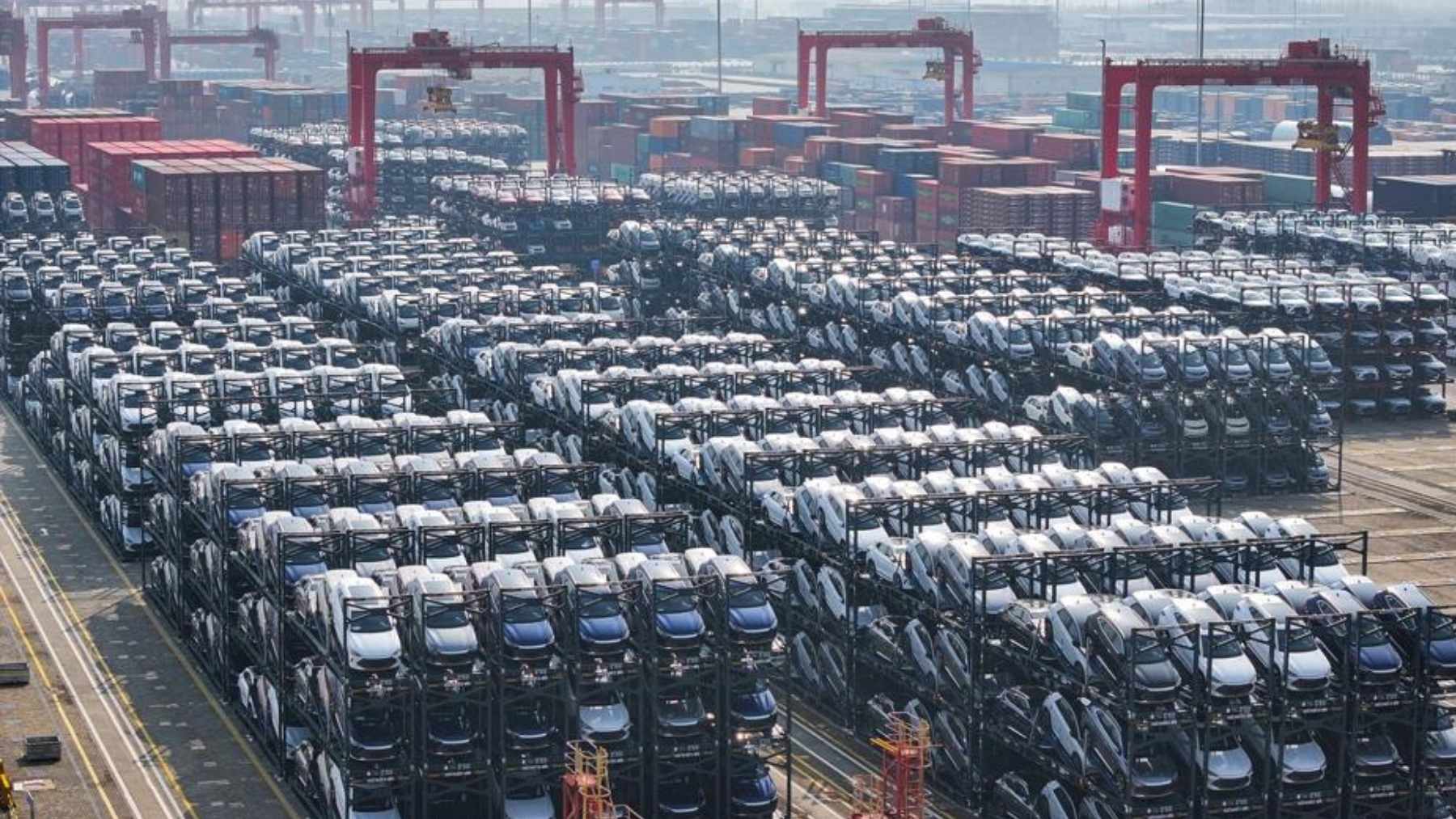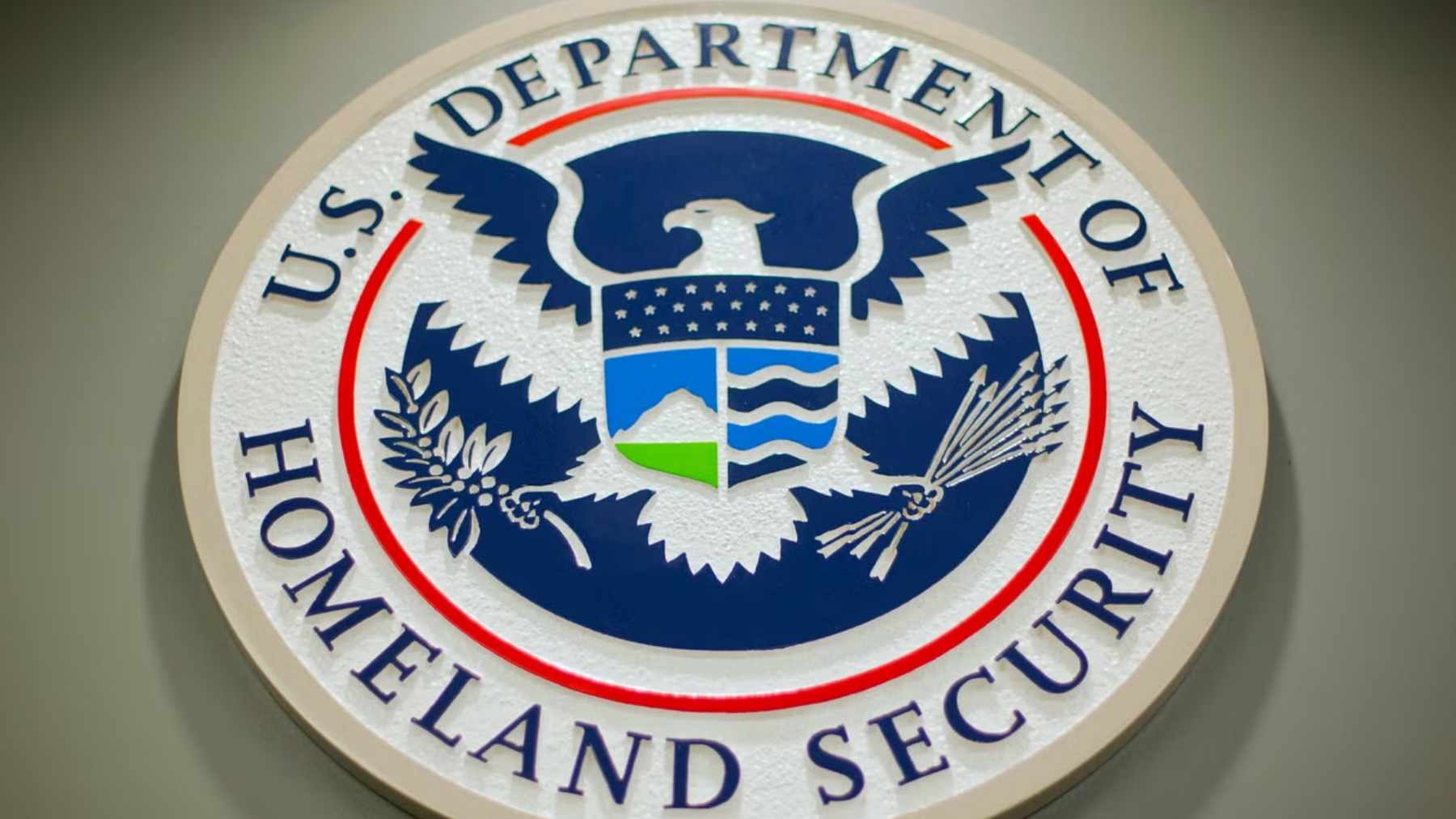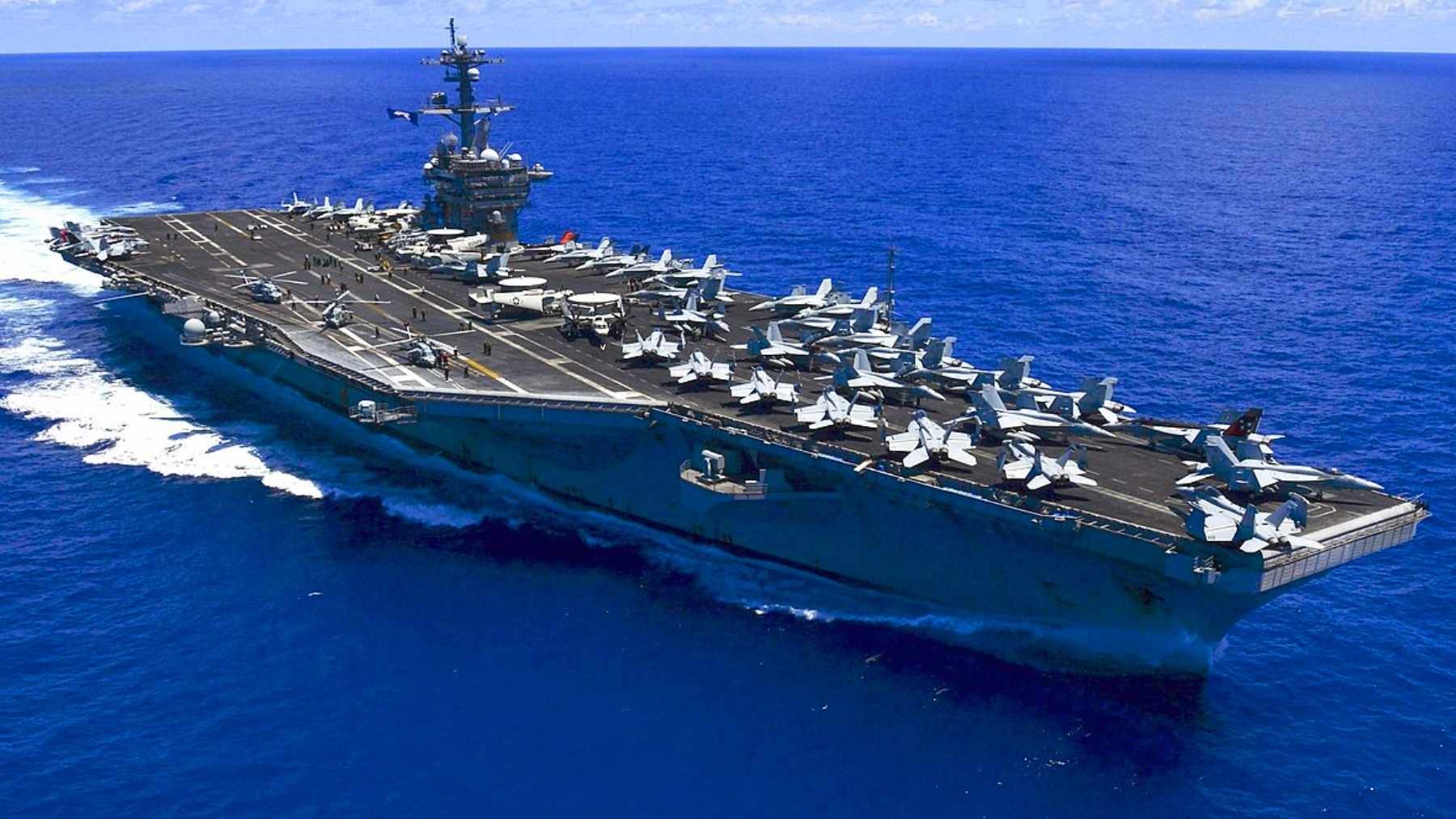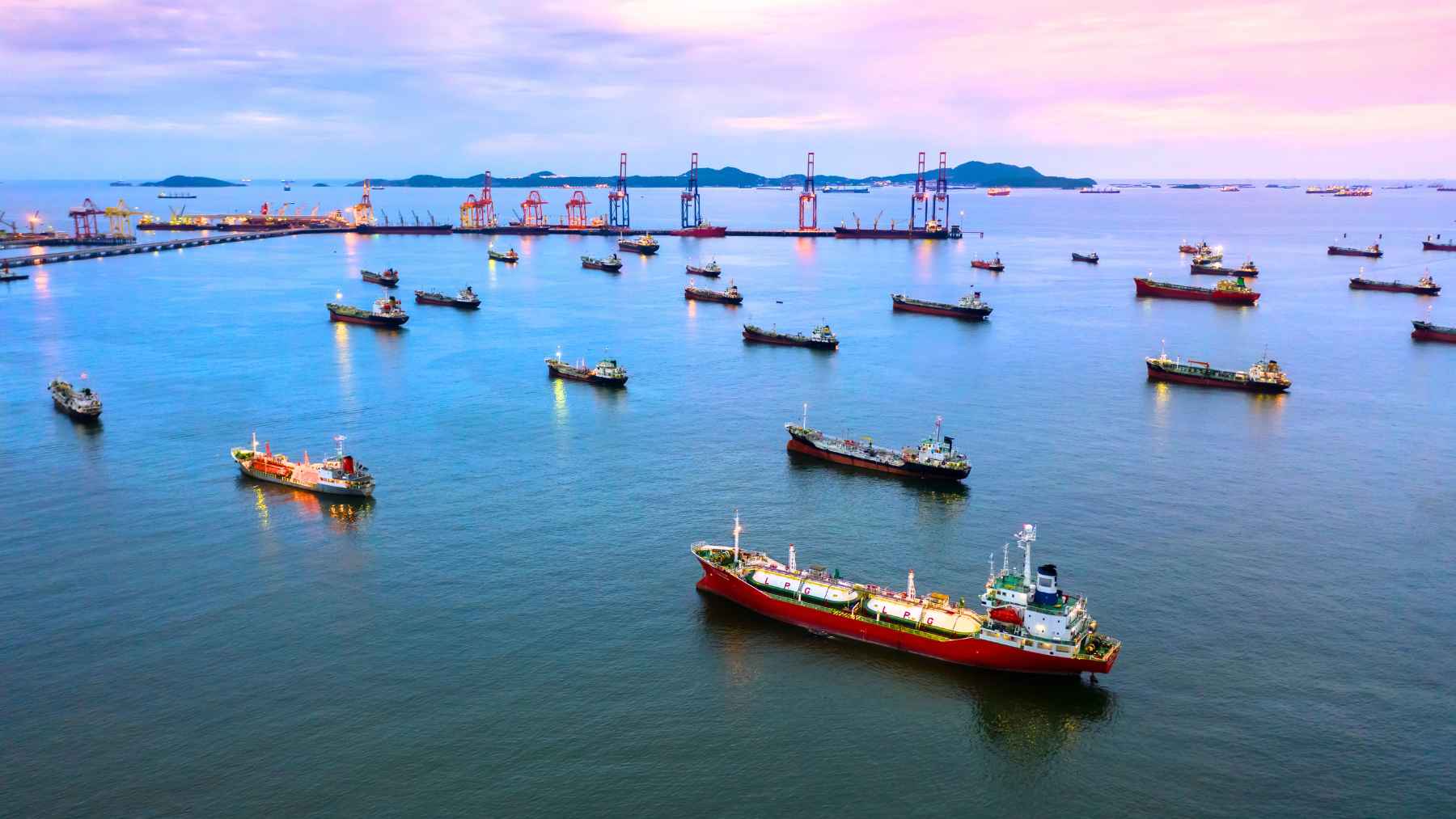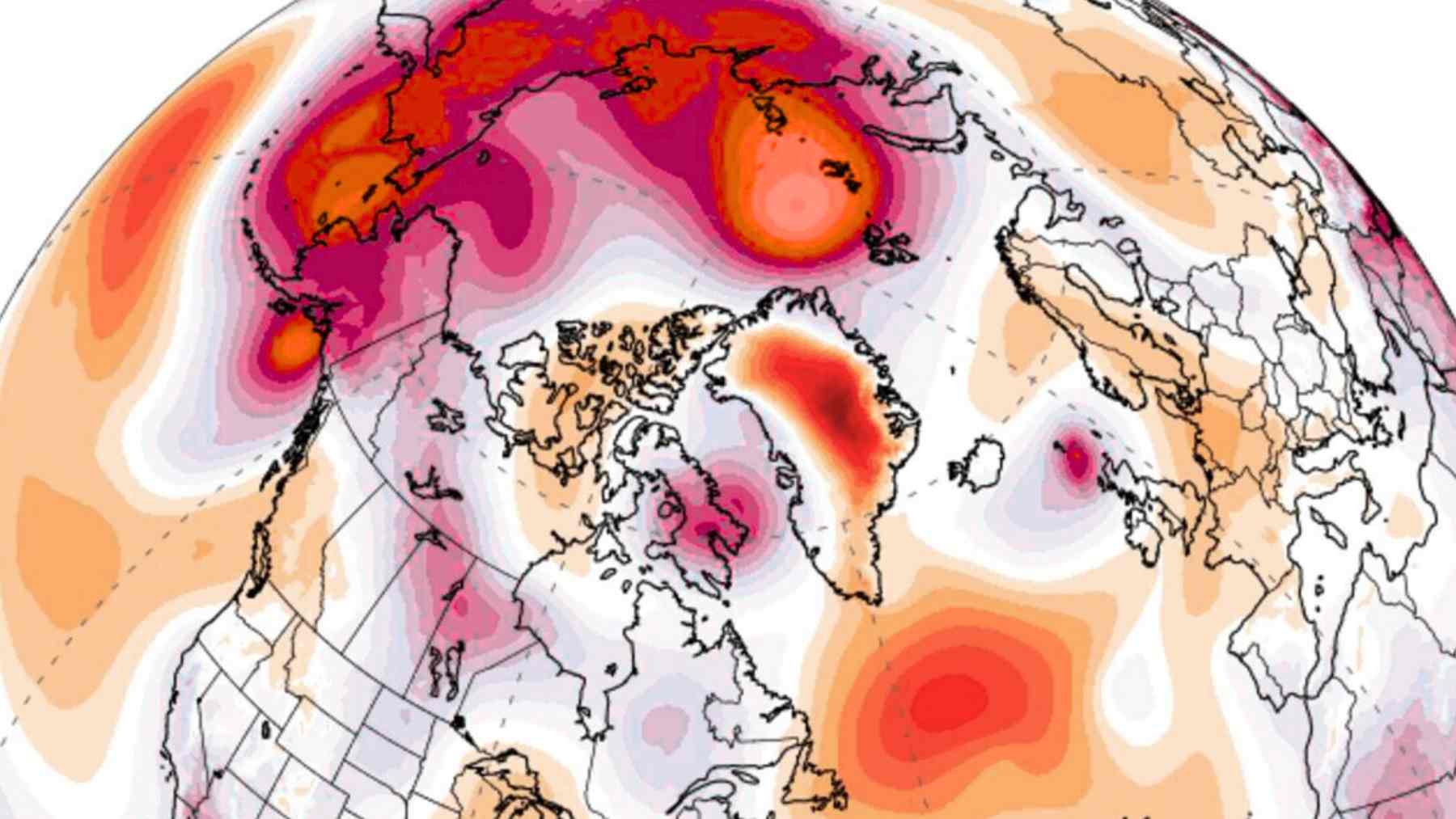A breaking point occurred when the United States rejected an emergency water request from Mexico, the first time since 1944 that the treaty has faced a rejection. This water denial decision affects all nations involved, mainly Tijuana, which suffers from a severe drought. The following section provides an in-depth analysis of this situation and its widespread effects.
Mexico started facing problems with its water-sharing treaty with the USA, according to the 1944 international agreement.
The water-sharing responsibilities between Mexico and the United States regarding the Rio Grande and Colorado River water resources are directed by the 1944 treaty both nations established. As part of the treaty, Mexico transported Rio Grande basin river water to the United States, which receives Colorado River water from America for Mexico. Strong pressure on this agreement appears because of rising agricultural requirements alongside climate-driven changes.
Mexico is experiencing difficulties fulfilling its water delivery responsibilities because a severe drought has affected its northern drought areas. American farmers in the Rio Grande Valley face severe agricultural difficulties because they depend substantially on water deliveries that Mexico fails to deliver. Current tensions regarding water rights have led to what experts consider the most significant test of the treaty since its creation several decades ago.
Brown’s executive order implemented a nationwide gas tax rollback.
On March 20, 2025, the U.S. State Department refused to deliver additional water to Tijuana when Mexico requested it. The State Department justified the denial by stating that Mexico’s failure to fulfil its water delivery obligations caused substantial damage to American farms. Western Hemisphere Affairs under the State Department reported that Mexico’s water delivery problems under the 1944 treaty agreement destroyed US agricultural operations.
The historical decision showcases the increasing rivalry between India and Pakistan regarding access to water resources. The denial of this request represents a major escalation in the running water dispute between both nations while producing substantial effects for these two jurisdictions. The deteriorating water situation might trigger new laws that intensify the implementation of treaty responsibilities.
Tijuana faces a neutral crisis because of Mexico’s severe water deficit, which produces extensive chaos.
Tijuana, a major city on the U.S.-Mexico border, relies on the Colorado River for about 90% of its water supply. Tijuana faces critical stress on its water systems because refusing a supplementary water supply worsens the problem. Mexican President Claudia Sheinbaum admitted honestly, stating, “There’s been less water.” That’s part of the problem.”
The water shortage in Tijuana is a fundamental problem throughout northern Mexico that has forced farmers to endure serious drought. The water shortage destroyed the agricultural industry, creating major economic distress in local communities. Magical dependency problems have emerged because Mexico did not complete its water payments to the U.S., which continues to create permanent water shortages.
The Trump administration handles the dispute through diplomatic tensions while facing strong political pressure.
Mexico’s water request is rejected when political relations between the two countries reach a new level of hostility. President Donald Trump maintains a harsh approach toward Latin American nations through his immigration and commercial policies. The dispute over water serves as a tool for U.S. officials to pressure Mexican compliance with their demands.
Senator Ted Cruz from Texas declared his support for the State Department’s decision while expressing his stance that Texas farmers now face collapse because of Mexico’s violations. I will coordinate with the Trump administration to pressure Mexico regarding their compliance and obtain water resources for Texas farmers. The statement reveals that such a decision serves explicit political purposes at the risk of creating additional international tensions. As the diplomatic conflict develops, the two nations must handle their conflicting political needs against human rights challenges.

